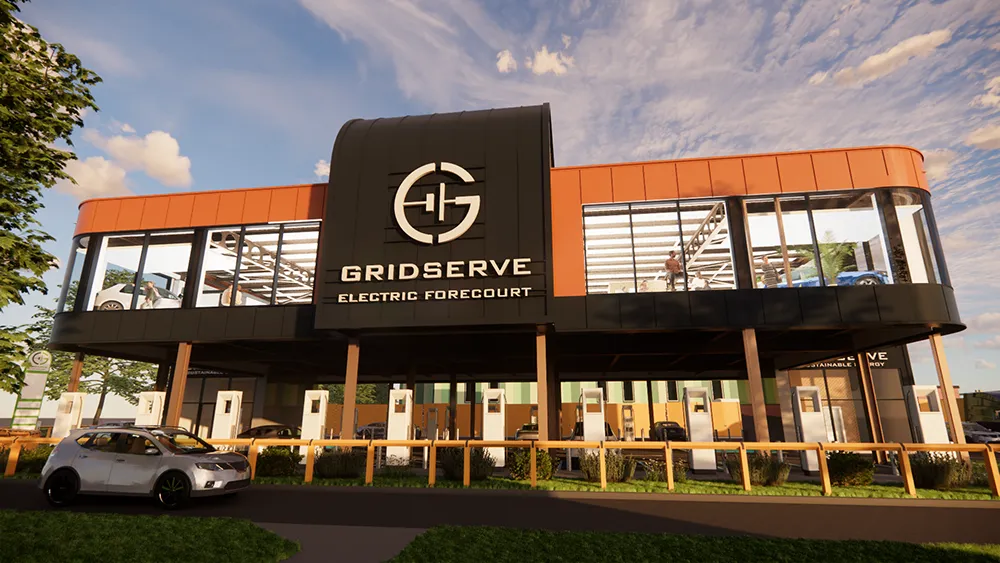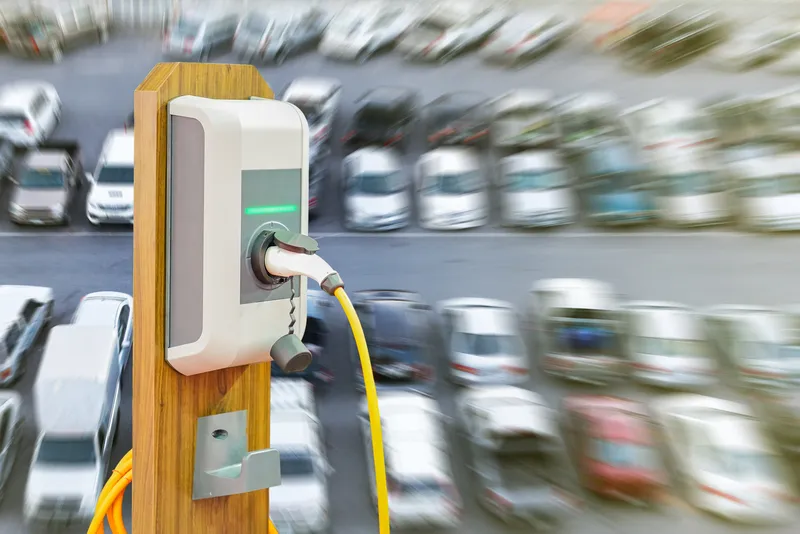WiTricity is to test an advanced wireless charging system prototype for electric vehicles (EVs) using materials and components developed by Japanese supplier Furukawa Electric.
WiTricity says Furukawa offers copper wiring and thermal components which help otpimise the cost and performance of wireless charging, thereby increasing the adoption of wireless charging by carmakers and charging infrastructure providers.
The partners will test WiTricity’s Drive 11 park and charge system, designed for interoperability across vehicle platforms, at 7.7 and 11 kW charge rates.
The system allows a driver to pull into a parking space and automatically receive power from a source in the ground without needing a physical connection to the charger, the company adds.
According to WiTricity, the system works across all EV platforms and can be deployed as a ‘floor pad’ in a consumer’s garage as well as installed in the pavement to provide charging in public and commercial car parks.
WiTricity and Furukawa to trial wireless EV charging system
WiTricity is to test an advanced wireless charging system prototype for electric vehicles (EVs) using materials and components developed by Japanese supplier Furukawa Electric.
WiTricity says Furukawa offers copper wiring and thermal components which help otpimise the cost and performance of wireless charging, thereby increasing the adoption of wireless charging by carmakers and charging infrastructure providers.
The partners will test WiTricity’s Drive 11 park and charge system, designed for intero
April 2, 2019
Read time: 1 min








